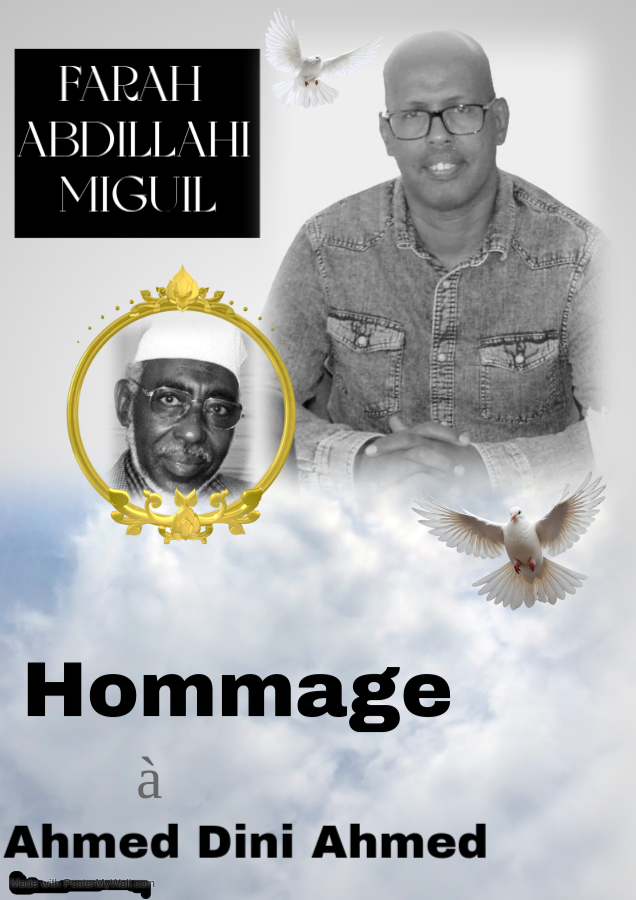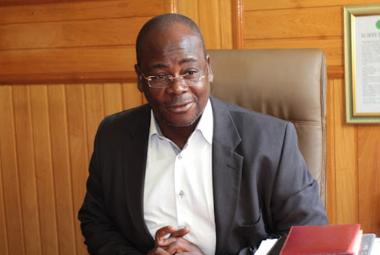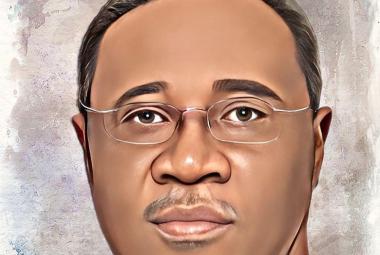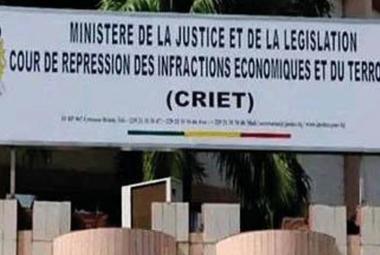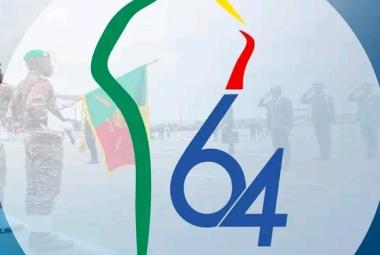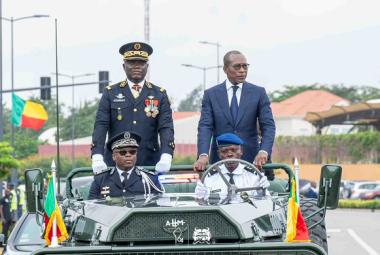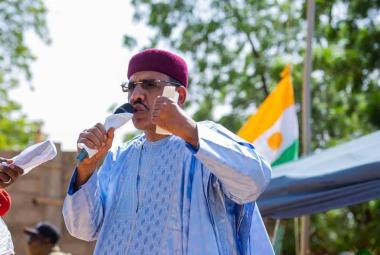20 years ago, Ahmed Dini passed away: Farah Abdillahi Miguil's tribute to a nation in search of identity. September 12, 2024 marks the 20th anniversary of the death of Ahmed Dini, a key figure in the history of Djibouti and the fight for independence. As this commemorative date approaches, it is crucial to revive the memory of this exceptional man, whose dedication to freedom and social justice remains a source of inspiration for future generations. In a world where heroes are sometimes quickly forgotten, Ahmed Dini has made his mark through his courage, integrity and commitment to a nation that is still young and under construction.
The article you are about to read, written on September 12, 2010, by Farah Abdillahi Miguil, pays tribute to his memory and his values, values that still resonate deeply in 2024. By rereading these words, we honor not only his memory, but also the values he defended for a nation still in search of identity. May his memory continue to illuminate our path in 2024, as it did in his time.
Tribute to Ahmed Dini Ahmed
It was on September 12, 2004 that Ahmed Dini left us forever. This man of faith, who prostrated himself only before Allah, had only one concern: to be at the service of Man by serving his homeland. The vast majority of the people of Djibouti admired the courage, integrity, intelligence, verb and humor of this man, unlike those who were in power to serve themselves and to whom he reminded, by his presence, of their mediocrity, their pronounced taste for corruption and their basely primary calculations. When, on June 27, 1977, he pronounced this sentence for which so many heroes known or anonymous, sons, daughters, mothers and fathers, had died, namely: "... the Republic of Djibouti, one, indivisible and sovereign, is born...", from the perch of the National Assembly, I was 10 years old. And when in high school, civic awareness began to become an everyday companion and our heroes were called Malcolm X, Amílcar Cabral, Lumumba, we had come across an abysmal void when we sought to know a little more about those who, in our homeland, had embodied the fight against colonialism. As if everything was done to erase the disturbing stories of the national heroes of a republic that was intended to be “without memory”.
It was on his return to the country, for the signing of the Agreement on Reform and Civil Harmony in 2001, that I had the chance to speak for an hour, for the first and last time, with Mr. Ahmed Dini. I was impressed by his lucidity and his memory for a man of his age. Above all, I was moved by so many sacrifices made during his life. At the end, he told me: “You know, the paradox of the Djiboutians is that they expect everything from power: democracy, freedom of expression, freedom of association… while nothing is given, because all power is monopolizing. And above all, we know the value of something we fought for. It will be very difficult for a power to go back on a citizen conquest obtained at the cost of social sacrifices. »
He had dreamed of a nation where communal ostracism would be pilloried, but unfortunately, he died before achieving the object of his sacrifice. I wrote these few words so that the memory of an exceptional man does not fall into the oblivion of history.
I will end my tribute with these few words, taken from a text written by Omar Osman Rabeh, Ahmed Dini's comrade in arms against the single party and political monolithism, to honor the memory of the latter just after his death:
"Dini's death is a loss for the Djiboutians. They will have finally let him "go" without making use of his genius... (...) In Africa, seeing "differently", wanting to say "something else" is a crime... Here, the "who is different from me enriches me" (Saint-Exupéry) does not exist. The difference of opinion is perceived, no longer as a contribution, an enrichment, but as an opposition; and any opponent is an "enemy" to be eliminated, a man to be subdued and silenced, to be destroyed and reduced to zero... (...). Twice, and as if by inadvertence, Dini had been Prime Minister, before and after independence; and each time, only for a few months... I met him for the first time on the occasion of the events marking General de Gaulle's visit to Djibouti, in August 1966. He must have been approaching forty at the time, being twenty years my senior. His strong personality, his courage and nobility of character, his great and brilliant intelligence, as well as his culture, were impressive. But he also had other qualities, no less remarkable, which added to my admiration. First of all, his life was not tainted by any of those detestable habits that wither the human being by causing a loss of meaning and substance, of dignity and honor. There are lives that wear out in uselessness before their time, prematurely withered, and that go on decreasing, as if before our eyes… Wasting away in the obscure consciousness of agony and self-annihilation: khat, alcohol, women, etc. But Dini led a stable, healthy and serene existence. He was, so to speak, whole, always awake and of a total presence. Fear, pettiness, frivolity, and even less servility, hardly suited his chivalrous nature. He was dignified. They were jealous of his freedom of mind and his independence…"
By Farah Abdillahi Miguil



